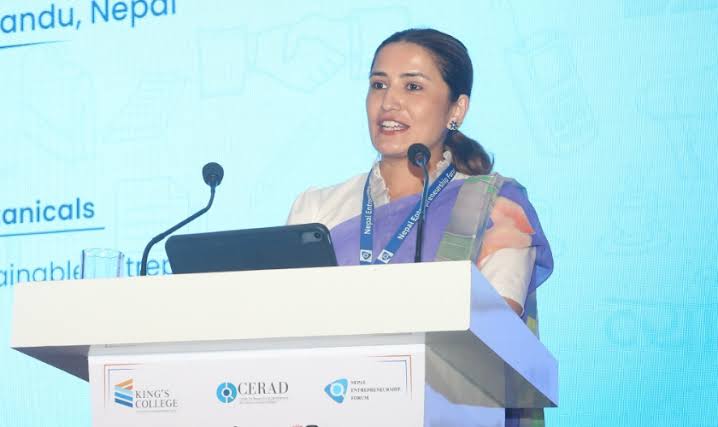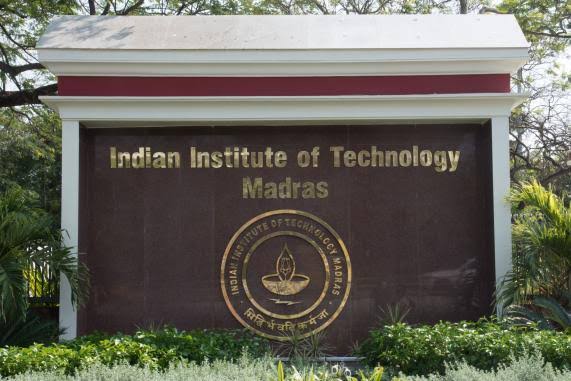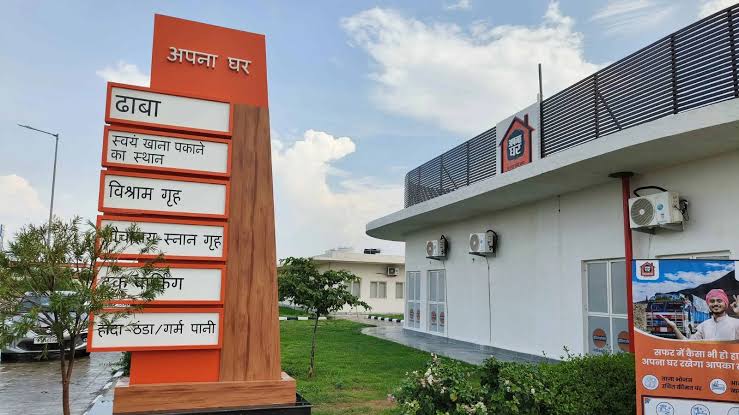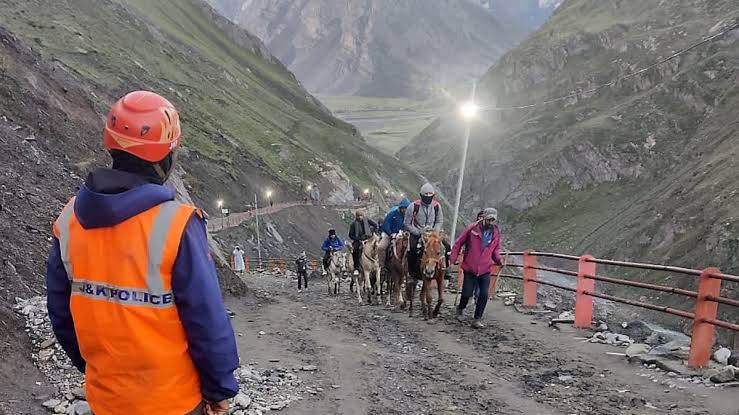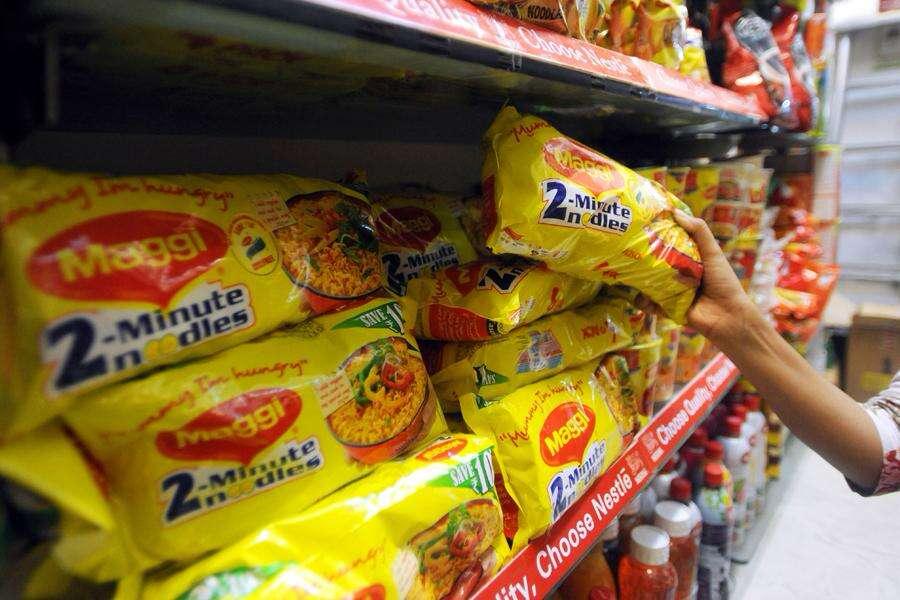 Image Source: ET Retail
Image Source: ET Retail
Seismic Shock and Strategic Reinvention
Nestlé India’s journey through the infamous Maggi crisis offers a masterclass on crisis management, cultural reset, and business transformation. In 2015, the celebrated instant noodles brand Maggi was abruptly banned by Indian food regulators due to allegations of excessive lead and monosodium glutamate (MSG), plunging Nestlé India into an existential quandary. Now, as Suresh Narayanan, the outgoing Chairman and Managing Director, reflects on this transformative episode, he reveals how adversity not only unmasked leadership mettle but also became the launchpad for lasting change and growth.
Key Highlights and Insights
The Maggi crisis wiped out decades of consumer goodwill virtually overnight; the brand faced a national ban after regulatory allegations led to a recall across India.
Suresh Narayanan was appointed CMD amid this turbulence and recognized the limitations of relying solely on technical rebuttals, as public sentiment and emotional equity proved even more decisive than facts.
Under Narayanan’s stewardship, the focus pivoted from damage control to rebuilding trust, leveraging the collective resolve of employees, suppliers, partners, and consumers.
Anatomy of Crisis: From Breakdown to Breakthrough
Initially, the response centered on clarifying facts and science but failed to resonate with Indian households for whom Maggi was an emotional staple.
Acceptance came that the crisis demanded both rational and emotional recalibration, recognizing nostalgia and consumer sentiment as vital levers for renewal.
A Leader’s Playbook: From Surviving to Thriving
Narayanan shared a concrete framework for crisis navigation:
Ensure absolute clarity in defining the problem and its scope.
Prioritize careful assessment of impact and implications.
Build a strategy tracking progress, hinging on verified data, not assumptions.
Define accountabilities to prevent confusion.
Anchor all decisions in logic and reason, maintaining humility.
Leadership in crisis, according to Narayanan, is not about being a “superman,” but about engaging all stakeholders, fostering psychological safety, and inspiring collective purpose.
Culture and Communication: Restoring the Brand’s Soul
Campaigns rebuilt narrative bridges to the public, focusing on nostalgia and empathy. Creatives like “I Miss You Too” and “Aise hi nahi bana hai aapka Nestlé” were instrumental in reconnecting with shaken consumers.
Human-centered leadership: Starting meetings with humor and maintaining calm under fire helped the company weather public scrutiny.
Emphasized culture over personal legacy, ensuring every leader and employee felt a part of the revival—not just the top brass.
Accelerating Change: Post-Crisis Transformation
The crisis was harnessed to accelerate company-wide innovation. The pace of new product launches quadrupled, with around 150–160 products introduced in the post-crisis years.
Nestlé diversified beyond its traditional mainstays, expanding into new product categories like breakfast cereals and pet care.
Operational agility increased, with strategic investments in manufacturing and distribution boosting penetration into new households and geographies.
Performance Metrics and Growth Resurgence
Revenues grew from ₹8,000 crore in 2015 to over ₹20,000 crore in 2025, as the company rebounded and scaled.
Maggi reclaimed a dominant market share, returning from the brink of extinction to recapture over 60% of the instant noodles segment.
Market capitalization quadrupled, profits multiplied fivefold, and the shareholder base expanded sevenfold.
Return on equity soared from 19% to nearly 90%, illustrating the power of crisis-driven transformation.
Lasting Lessons for Corporate India
True leadership emerges in times of adversity—clarity, values, and people-centricity matter more than ever.
Crises should be seen as inflection points to jettison ineffective practices, refocus strategy, and realign with evolving consumer demands.
Engaging all organizational levels and surrounding stakeholders is vital for sustainable recovery.
The emotional bond between brand and consumer can be just as imperative as product quality or technical compliance.
Nestlé India’s remarkable recovery and ongoing growth have redefined how brands can leverage crisis not as a setback, but as an engine for change, innovation, and renewed trust.
Sources: Financial Express, Storyboard18, Times of India
Advertisement
Advertisement




